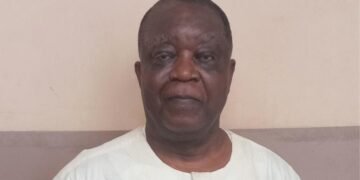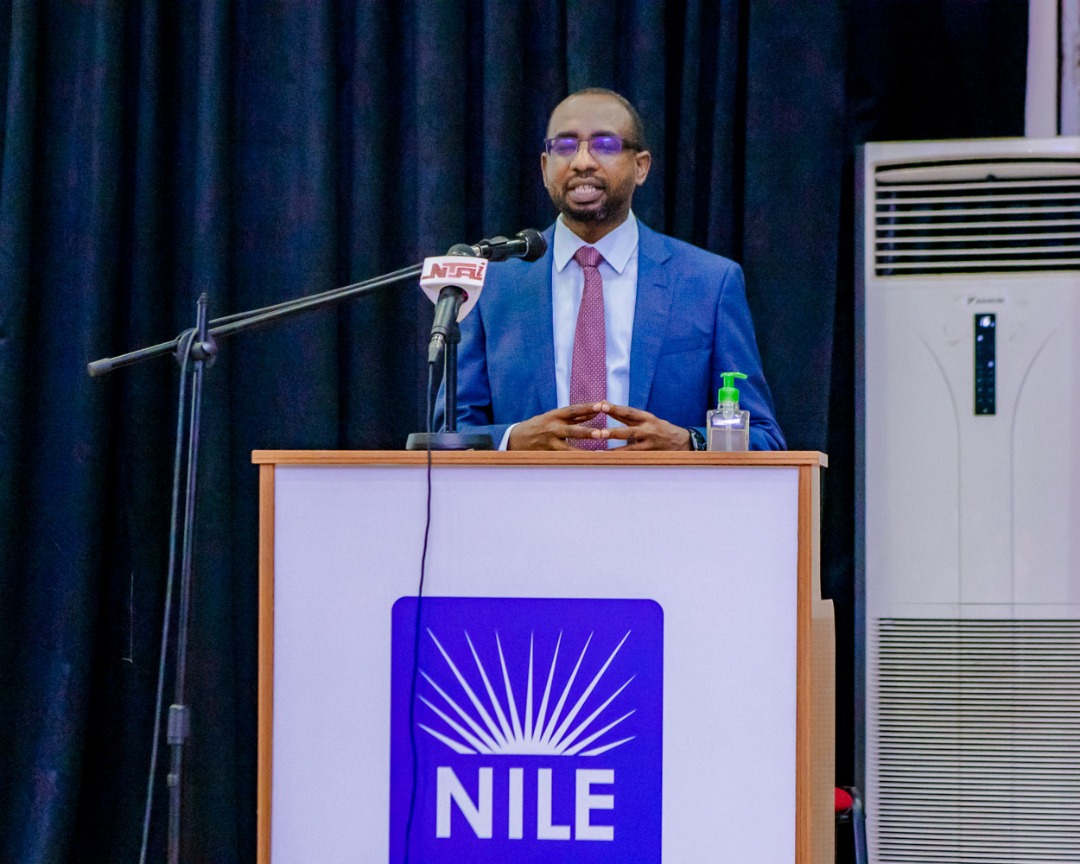Forty young Nigerian women between the ages of 18 and 23 have benefited from a three-day intensive workshop on advocacy, girls’ education and school safety, organised by Malala Fund.
The workshop aimed at enhancing girls’ advocacy capacity on socio-cultural issues affecting girls in Nigeria, held in Abuja on 9 – 11 October, in commemoration of the 2021 International Day of the Girl.
Since 2012, the International Day of the Girl – 11 October – has been commemorated to focus attention on the need to address the challenges girls face and to promote girls’ empowerment and human rights.
With the theme, Advocating for Safer Schools for Girls, the workshop featured crash courses in creative writing, storytelling, media campaigning, social influencing, school safety, and other skills for impact-driven advocacy for the girl-child.
A key moment of the workshop was the creation and presentation of the girls’ safe school declaration by the participants to the Vice President, Prof. Yemi Osinbajo and other government officials. The girls’-led declaration contains concerns and demand for safer schools for girls across Nigeria, ahead of the Safe School Declaration Conference in Abuja, 25 – 27 October.
The girls’ safe school declaration calls on the Federal Government of Nigeria, Ministry of Education, Ministry of Women Affairs, Defence and Security Agencies, and NAPTIP, to take necessary actions to scale up efforts in ensuring that all girls are safe while going to school, at school, and returning home from school.
The girl advocates, through the declaration, succinctly expressed their commitment towards achieving safer schools for girls by 2030, as highlighted in the Sustainable Development Goals.
Responding to girls’ demands for safer schools, Vice President, Prof. Yemi Osibajo reiterated the Nigerian government’s commitment to delivering free, safe and quality basic education.
“Government is here to support the girl child in every way it can. COVID-19 reinforced many gaps in education and made it difficult for many children, especially girls, to access healthcare and education. The drop in income for most families around the world will mean that families making choices will almost make choices that will not favour the girl-child,” said Prof. Yemi Osibajo, represented by Dr Fatima Waziri, Director-General, National Agency for the Prohibition of Trafficking in Persons (NAPTIP).
“Empowering girls to learn and lead is at the core of our work. We believe that when girls learn, they thrive and communities develop. This is why we have organised this workshop to interact with girl advocates, hear their concerns and amplify their voices as well as upskill them to do more for their communities,” said Crystal Ikanih-Musa, Malala Fund Country Representative, at the opening session of the workshop.
Speaking on the rise in school attacks and student kidnappings in Nigeria, Tamilore Omojola, a Malala Fellow, noted that millions of girls have no access to safe and quality education due to school closures cum insecurity. She urged the Nigerian government to intensify its effort in the implementation of the Safe School Declaration as ratified in 2019. The Safe School Declaration is an inter-governmental political commitment, launched in 2015, to protect students, teachers, schools, and universities from the worst effects of armed conflict.
Girls are almost two and a half times more likely to be out of primary school if they live in conflict-affected areas and nearly 90% more likely to be out of secondary school than their counterparts in areas not affected by conflict, according to UNICEF.

































